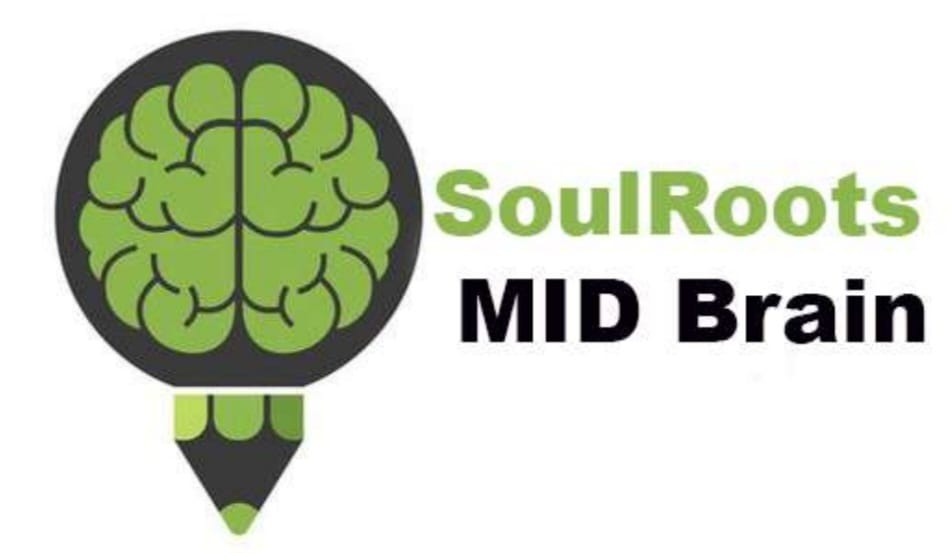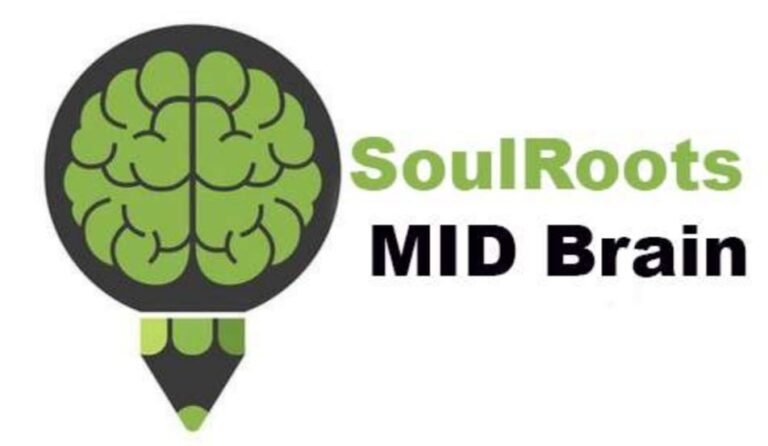A chronic mental health condition characterized by persistent thoughts, feelings, or urges (obsessions) that drive individuals to engage in repetitive behaviors (compulsions). These compulsions are often performed to alleviate the distress caused by the obsessions, but they typically provide only temporary relief. When these compulsive behaviors are not carried out, it leads to significant anxiety and distress.
Symptoms of OCD
OCD symptoms can include obsessions, compulsions, or both, and they often interfere with daily life.
Common Obsessions:
- Fear of Germs: An intense fear of contamination or dirt.
- Intrusive Thoughts: Unwanted, taboo thoughts related to harm.
- Aggressive Thoughts: Fears of harming oneself or others.
- Need for Order: A compulsion to have things arranged in a specific, perfect way.
Common Compulsions:
- Excessive Cleaning: Repeatedly washing hands or cleaning surfaces.
- Arranging Items: Organizing objects in a precise manner.
- Repeated Checking: Constantly check if doors are locked or appliances are turned off.
- Compulsive Counting: Repeatedly counting objects or actions.
Risk Factors for OCD
The several factors may increase the risk of developing the disorder:
- Genetics: A family history of OCD can contribute to the likelihood of developing the disorder.
- Brain Structure and Function: The differences in brain function and structure play a role.
- Environmental Factors: Traumatic experiences in childhood can be a contributing factor.
Diagnosis and Treatment
OCD is diagnosed through a comprehensive interview with the individual and sometimes their family. Physical exams and mental health assessments help rule out other possible conditions, while specific questionnaires can aid in diagnosing OCD and monitoring treatment progress.
Treatment involves a combination of medication and cognitive behavioral therapy (CBT). Medications can help to manage symptoms. This therapy involves gradually exposing individuals to situations that trigger their obsessions, helping them learn to tolerate the resulting anxiety without engaging in compulsions. Over time, this can reduce the intensity of OCD symptoms and improve quality of life.
OCD is a challenging mental health condition, but with the right diagnosis and treatment, it can be effectively managed. Through medication and therapy, individuals can reduce their symptoms and regain control over their lives. Understanding OCD and seeking help are essential steps toward recovery and a better quality of life.



